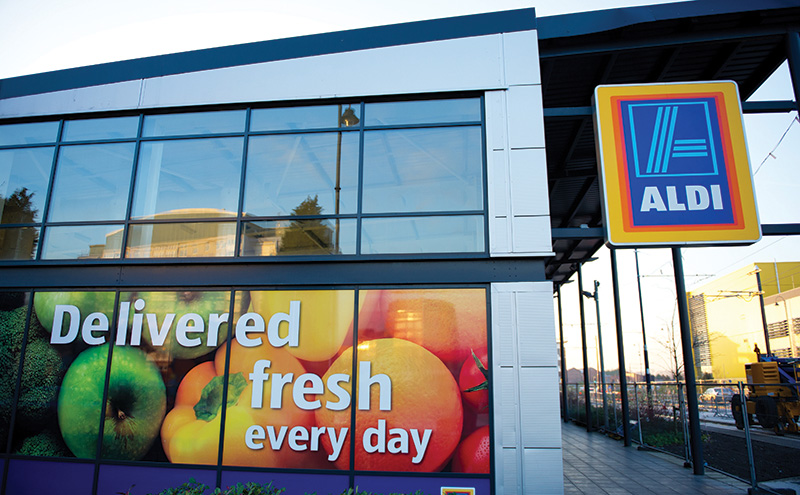Ruling in Aberdeen underlines risks of basing refusals on health

REMEMBER the so-called ‘CTN’ retail sector? There was a time when many small businesses made a decent living from the sale of confectionery, tobacco and newspapers.
Nowadays, that business model is struggling for survival; and owners looking for a lifeline are seeking refuge in convenience retailing by adding a limited range of groceries to their shelves.
The success of the bolt-on will usually depend on offering a modest range of off-sales drinks; but licence applications for this sort of enterprise can often be a very difficult nut to crack.
Apart from the familiar hurdles – local residents’ apocalyptic predictions of antisocial behaviour and the perceived association between small shops and an increase in street drinking – it’s increasingly likely that the local health board will also want to put a spanner in the works.
Martin McColl Ltd (trading as McColls) has walked this course on a number of occasions.
Back in August 2015 it succeeded in overturning Aberdeen City licensing board’s overprovision policy.
The sheriff decided the board had adopted a flawed approach.
And at the end of last year the firm found itself head-to-head again with the same board following the rejection of its application for a convenience store on the city’s Union Street.
It would have been open to the board to make an overprovision finding if it had a proper basis (although that step could not have involved the policy, which had not been amended) – but instead it chose to base its refusal solely on the licensing objective of “protecting and improving public health”.
The application related to an off-sales display which would occupy a modest 6.78 square metres.
Successful opposition came in the form of objections fired in by NHS Grampian and a doctor representing a group of GP practices in the area.
The central plank of the objectors’ arguments was familiar: any increase in the availability of alcohol could lead to increased consumption and consequently harm to health; but there was also the novel suggestion – based on a research study – that small shops bring a greater danger to public health than supermarkets.
The board was also told that alcohol-related deaths and patient admissions in the shop’s postcode area were five per cent worse than the Scottish average.

But, in the ensuing appeal, the sheriff decided that the board had adopted a fundamentally flawed approach: it had failed to set out a “proper evidential basis” for invoking the “public health” licensing objective.
Absent an ‘overprovision’ refusal, the board could not simply decide that the existence of one more licence would be inconsistent with the objective: there required to be a demonstrable causal link with this particular application.
What’s more, the “over-average” health statistics had limited value because McColls’ customers would be drawn not just from local residents in the postcode area but also from shoppers living in other parts of Aberdeen.
The result demonstrates a clear line between the overprovision and public health refusal grounds. As the sheriff observed in his judgment: “It is difficult to reconcile the [board’s] position that the application will not result in [the] overprovision of facilities for the sale of alcohol in terms of numbers and capacity with the position that the sale of alcohol at the same premises will result in detriment to public health”.
One can easily see that an objection resting on a danger to “public health” might have considerable traction where an applicant proposed a cheap booze emporium located in a deprived area with poor health statistics.
But where availability is the key issue a licensing board places itself on very thin ice if it doesn’t invoke overprovision as a reason for refusing an application; and, absent any basic errors in its approach – we’ve seen a few recently involving a faulty policy – its decision will usually be very difficult to shake.





















